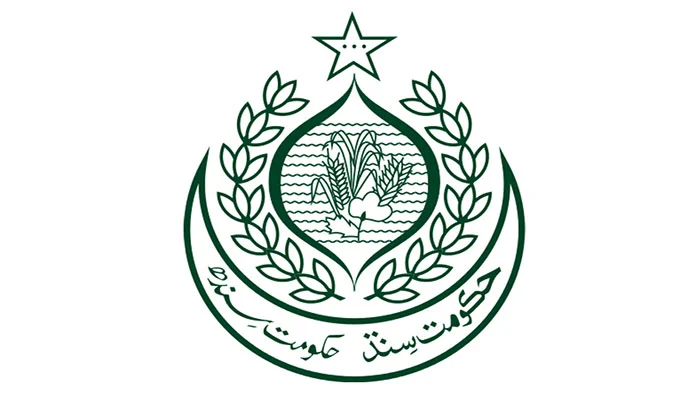The interim government of Sindh has opted for a major overhaul in the leadership of three key education boards within the province.

The interim government of Sindh has opted for a major overhaul in the leadership of three key education boards within the province.
The affected boards include the Board of Intermediate Education Karachi (BIEK), the Sindh Technical Board, and the Larkana Board. This decision extends to the removal of chairmen, secretaries, and controller examinations from several education boards, signaling a comprehensive restructuring initiative.
Adhering to the restructuring directive, Dr. Prof Naseem Memon, former chairman of BIEK, has been appointed as the head of the Board of Intermediate & Secondary Education Larkana (BISEL) until June 30, 2024. This move reflects a strategic reshuffling of experienced individuals within the educational leadership landscape.
Simultaneously, other officials facing removal include the interim controller of examination of BIEK, Zaheeruddin Bhutto, and Secretary BIEK, Kashif Siddiqui. Zahid Lakho, who served as the audit officer at BIEK, has been relieved of his additional responsibility as the board’s secretary.
Moreover, Sikandar Ali Miraj is set to resume his original position as Inspector of Instruction after being removed from the chairmanship of BISEL. Similarly, Nadeem Soomro has been reassigned to the Human Settlement and Social Housing Department following his termination as the Controller Examination of BISEL.
The interim government’s restructuring extends beyond BISEL to include officials from other boards, such as Hyderabad, Nawabshah, Mirpurkhas, and Sukkur. Audit officers in Larkana, Sukkur, Nawabshah, and the Board of Secondary Education Karachi have also faced removal.
In a proactive step, the interim provincial government has formally approached the Election Commission of Pakistan (ECP) seeking permission to make new appointments to fill the vacant positions.
The communication to the ECP underscores the urgency of permanent appointments to enhance the functionality of various education boards, citing the reliance on “stop-gap” arrangements for top positions. This initiative reflects the interim government’s commitment to ensuring stability and efficiency in the education sector through strategic leadership changes.